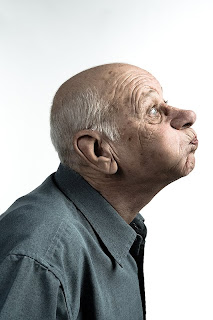
At Orchin Orthodontics, we know that when you sit down to dinner or grab a sandwich for lunch, you wouldn’t have a side of nine teaspoons of sugar. But that’s exactly what you’re taking in when you pair a meal with a 12-ounce can of soda pop.
Soft drinks are a poor choice for your overall health, since they have no nutritional value, and they contain sugar and caffeine. And when it comes to your teeth, soft drinks can cause big trouble. The steep servings of sugar create the perfect condition for cavities to form, while the phosphoric and citric acids in soda pop can erode and weaken your enamel – the outer coating on your teeth – making it tougher for your teeth to withstand the onslaught of sugar.
Both the Canadian and American Dental Associations recommend limiting your intake of soft drinks. And if you do occasionally indulge in a fizzy beverage, it’s a good idea to drink it with a straw, to reduce exposure to your teeth. Brushing your teeth afterward, or at least swishing with water, can help remove the sugar from your teeth.
Having trouble cutting back? Try these tricks to help wean yourself from a steady diet of soft drinks:
--Don’t quit cold turkey: Start by swapping one soda each day with an alternate drink, preferably water. Gradually increase your swaps until you’re down to one soft drink a day, then one every two days, then one a week, and so on.
--Switch to tea: If you’re looking for a source of caffeine, tea is much healthier than soda pop. Just remember not to add nine teaspoons of sugar to it.
--Switch to seltzer: If it’s the fizz or the flavor you’re after, try a sugar-free flavored water or seltzer.
--Remember your goals: If you’re wavering in your commitment to cut back on soda pop, remember the health problems it can cause.
--Be patient: Adjusting a habit doesn’t happen overnight. Give yourself a reasonable amount of time to change your diet.
--From Orchin Orthodontics







